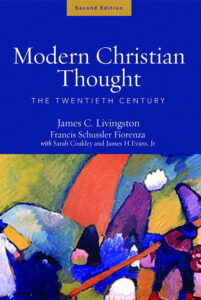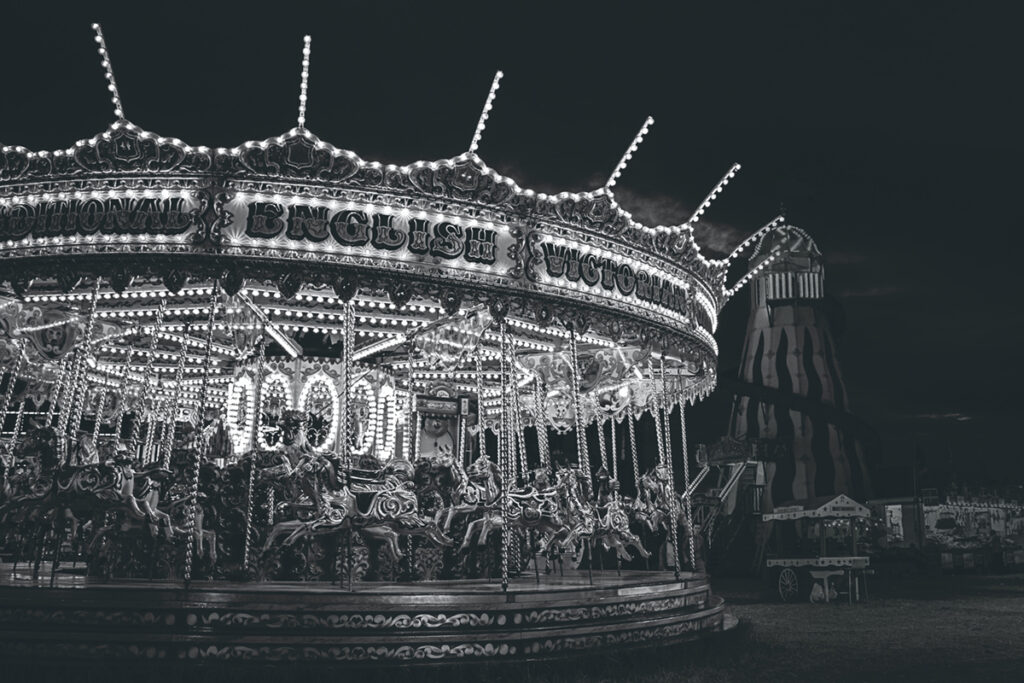The developments of evangelicalism from its fundamentalist roots in contrast to liberal and Catholic forms of religious tradition read as contentious and challenging. By denominational identity of historical, traditional, and theological commitments, it appears that individuals and groups situated themselves as counter positional to the preferences or convictions of people and entities who did not share a common interest or unity in Protestantism. The propagation of evangelical thought appeared in a continuous search for stability and coherence with fragmented organizations of influence and stature.
Through the historical development of evangelical theology or evangelicalism, the formation of the Kingdom to involve discipleship, the gospel, missions do not appear to elevate these as imperative matters of course from Christ across generations and cultures. The history of evangelical theology suggests such pursuits were merely incidental or adjacent to defense against liberalism and anti-intellectualism. The ever-present pressures of modernism and liberalism have taken a toll on the growth and development of Protestant interests. To such an extent that they had a leavening effect upon the Church. Especially from early institutions such as Princeton Theological Seminary and Fuller Theological Seminary, among others (Union, Vanderbilt, etc.).
Reactions from the Presbyterian General Assembly sought to establish pillars of unity around essential beliefs to include five fundamentals that countered theological Liberalism and Modernism. These convictions were centered and interrelated around the gospel, but their stated purpose read like an abbreviated form of confession to stave off theological dilution. It opened the door to a type of Walmart Christianity that brought about stigma and derision among unbelievers within Western culture. While fundamentalists sought to defend against Liberal Christianity, they instead achieved forms of isolation and separation of culture from society at large. The efforts of fundamentalists had an insulative effect as it withered in decline until it took on a new identity by the use of the respectable term “evangelical.”
Evangelicalism represented the transformation of fundamentalism as it valued academic scholarship, reformed tradition, confessional loyalty, and intellectual theologians to build a rightful and necessary stature around doctrine and revealed truth. Notably to gain its footing upon grounded theology as a formidable defense that took shape in the form of apologetic and eristic disciplines while making use of the sciences, philosophy, logic, and human reason to support its cause. Evangelicalism served as a reset from earlier fundamentalism that was repugnant to Western society. That is, it wasn’t an accommodation or capitulation to Liberal theological thought but a growing answer to its growth, influences, and pressures within the Church and academic institutions.
Conservative theologians of a Reformed heritage became further engaged within the Protestant Church and academic institutions to again bring scholarship as a grounded set of disciplines around doctrines, dogmatics, and a coherent repudiation of anti-intellectualism. Moreover, some had ecumenical aspirations to build limited solidarity around meaningful theological thought against Liberalism and Socialist Theology. As cases on point, Emil Brunner (1889-1966) regularly reached out to Catholic and Interdenominational organizations, while Carl F.H. Henry (1913-2003) founded the Institute for Advanced Christian Studies. Notably, while various other enterprises stood against earlier fundamentalist perspectives, further advancements were made in Europe with the growth of Neo-Orthodoxy from leaders Karl Barth, Rudolf Bultmann, and Emil Brunner.
There were tensions between rationalist reformed theologians like Carl Henry and formative leaders of neo-orthodoxy. Adherents to traditional confessional heritage were at odds with the Enlightenment’s challenges to theological methodologies. While more developed Protestant orthodoxy from the theology of Karl Barth and others was at odds also, it was best able to come to terms with the Enlightenment and more effectively assert Christian rationale and doctrines. The direction of theological discourse took a turn for the better. New and innovative methodologies emerged from the Bible and proper interpretation as supported by divine revelation with more meaningful presuppositional criteria, historicity, and compelling traditions.
The new theological trajectory of the 20th century was cast forward from fundamentalism by key influential figures. While Cornelius Van Til, E.J. Carnell, and Carl Henry stood in opposition to a new modern theology of Barth and other Neo-Orthodox theologians, it was C.G. Berkouwer and Bernard Ramm who called attention to the need for an answer to the Enlightenment (i.e., Immanuel Kant, Francis Bacon, and others). Consequently, the appeal of Barth’s neo-orthodox theology gained strength to adapt to changing social conditions brought about by more advanced philosophical thought.
Clark Pinnock (1937–2010), a Canadian theologian, sought to define the essence and identity of Christianity through narrative theology that involved community traditions like creeds, liturgies, hymns, prayers, and various actions unique to the faith. His efforts appealed to human interest in Christianity as a whole, where no single individual had the right to change its traditions. His perspective focused upon human benefit, the practice of worship, and the use of Scripture for the betterment and consumption of people. The idea of narrative theology to Pinnock was primarily a “Christian story” and secondarily a God-centered form of understanding through revelation. Pinnock emphasized the humanness of Scripture and the work of the Holy Spirit within it as he questioned the doctrine of inerrancy and aligned with the Pentecostal tradition of the Church. He sought to dissuade against the inspiration and illumination of Scripture but directed attention to the work of the Holy Spirit within people.
According to Livingston, some additional postmodern thinkers centered themselves on social and individualistic interest around tradition for religious meaning and truth within the greater evangelical sphere. They centered themselves around a contextual view of doctrine due to historical and cultural conditions that prevailed over time. Clark Pinnock and Stanley Grenz gave more weight to social interests concerning theological truth than to what divine revelation specifies about new covenant obligations, the life of faith, discipleship, and the gospel. It is highly suspect that this form of evangelical theology contributed to the rise of the social gospel and the enormous growth of “exvangelicals” in recent years. The expected course of liberal theology empties the use of divine revelation and its historical presence. It de-values the meaning and weight of redemptive intervention with the necessary truth claims made through Scripture. It helps explain trends toward individuals deconstructed from their faith where apostasy is on the increase, church attendance is significantly reduced, and evangelical theology is set on a trajectory of dissolution. Until Protestant interests return to the principles of Christ-centered theology, rather than the Wesleyan “quadrilateral” (i.e., Scripture, tradition, experience, reason), it has nowhere to go but inward while fraught by contradiction and confusion.

















Comments are closed.